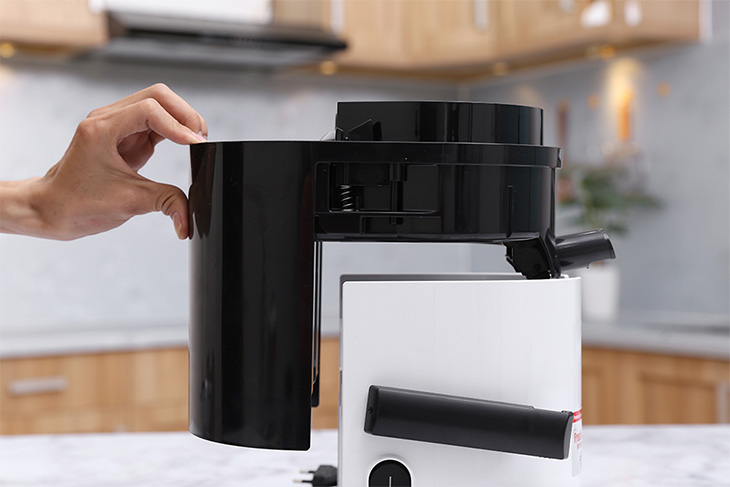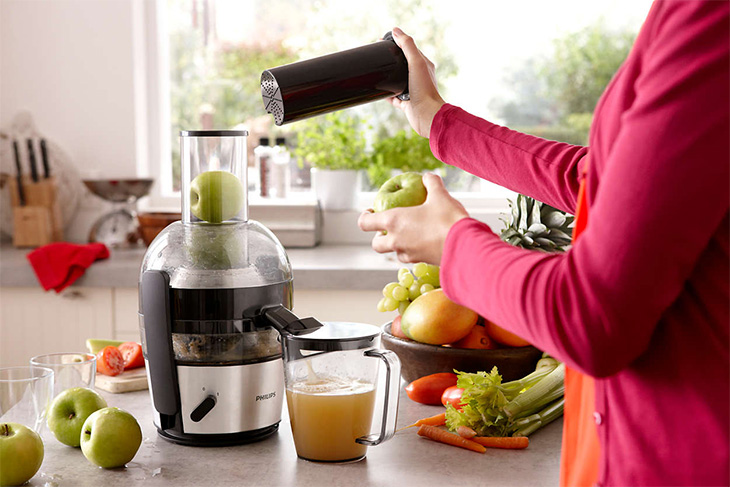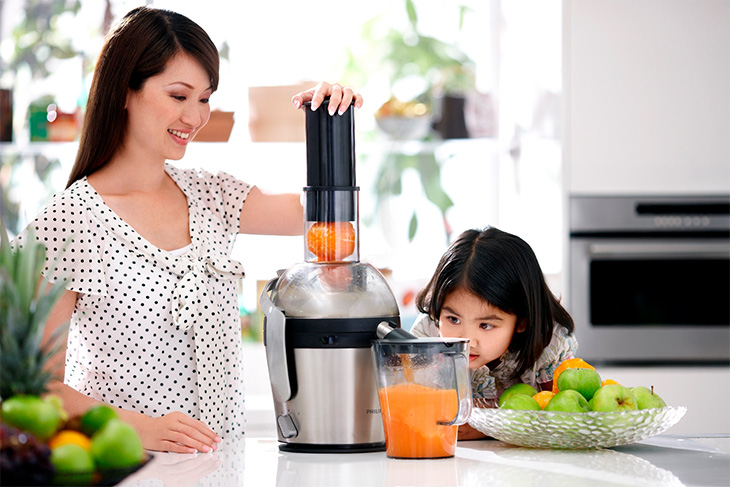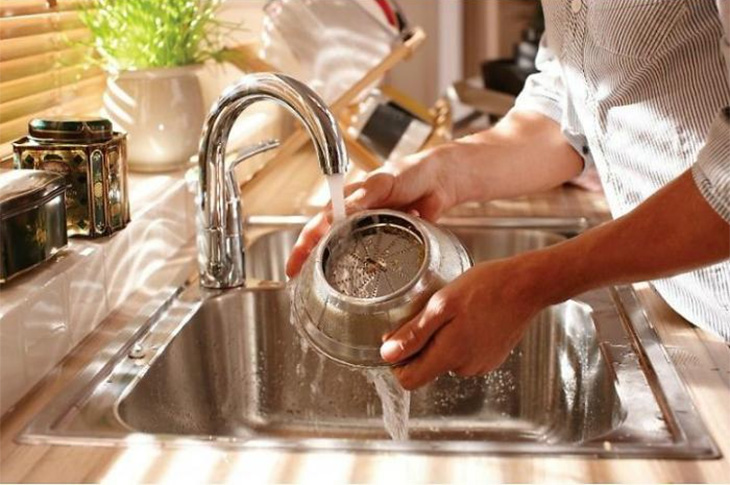1. Always Check the Juicer Before Using
To ensure safety when using the juicer, it is important to check if the machine has been properly assembled and if the parts are secure and aligned. Additionally, make sure the machine is dry before use to prevent fire or electrical short circuits.

2. Choose the Right Ingredients for Juicing
It is important to follow the instructions provided by the machine manufacturer. Each type of fruit juicer has its own capabilities and limitations, so it is crucial to use them correctly. If the manufacturer recommends peeling and removing seeds before juicing, it is advisable to do so.
According to theory, fruit juicers can process various vegetables and fruits. However, it is important to note that the ability to juice effectively may vary. Hard fruits and vegetables like oranges, pears, apples, pumpkins, carrots, cucumbers, coconuts, grapes, watermelon, pennywort, and beets are ideal for juicing.
Soft and mushy fruits such as jackfruit, bananas, ripe mangoes, and peaches are not suitable for juicing as their flesh can get stuck in the gears, preventing the extraction of juice. It is particularly important to avoid using a fruit juicer to process sugarcane.

3. Do Not Juice Too Fast
It is recommended to add fruits and vegetables to the juicer slowly and avoid pushing too much at once. This prevents blockage and ensures that the pulp can be effectively extracted, resulting in a higher yield of juice.

4. Clean and Store the Juicer Properly
To prolong the lifespan of the juicer, proper cleaning and storage are essential to prevent corrosion and wear. There are two steps to consider: cleaning the machine and storing it.
Many individuals simply rinse the juicer with water and store it without thorough inspection. This can lead to fruit pulp residue sticking in crevices or parts of the machine, gradually damaging it and affecting the taste of the juice.
Store the machine by either reassembling the parts or keeping them separated. Store the juicer in a dry, clean place, preferably in a box or cabinet to protect it from dust and prevent any potential damage from pests.

We hope these simple tips will help you take care of your juicer. If you have any questions or concerns during use, please feel free to leave a comment!





























